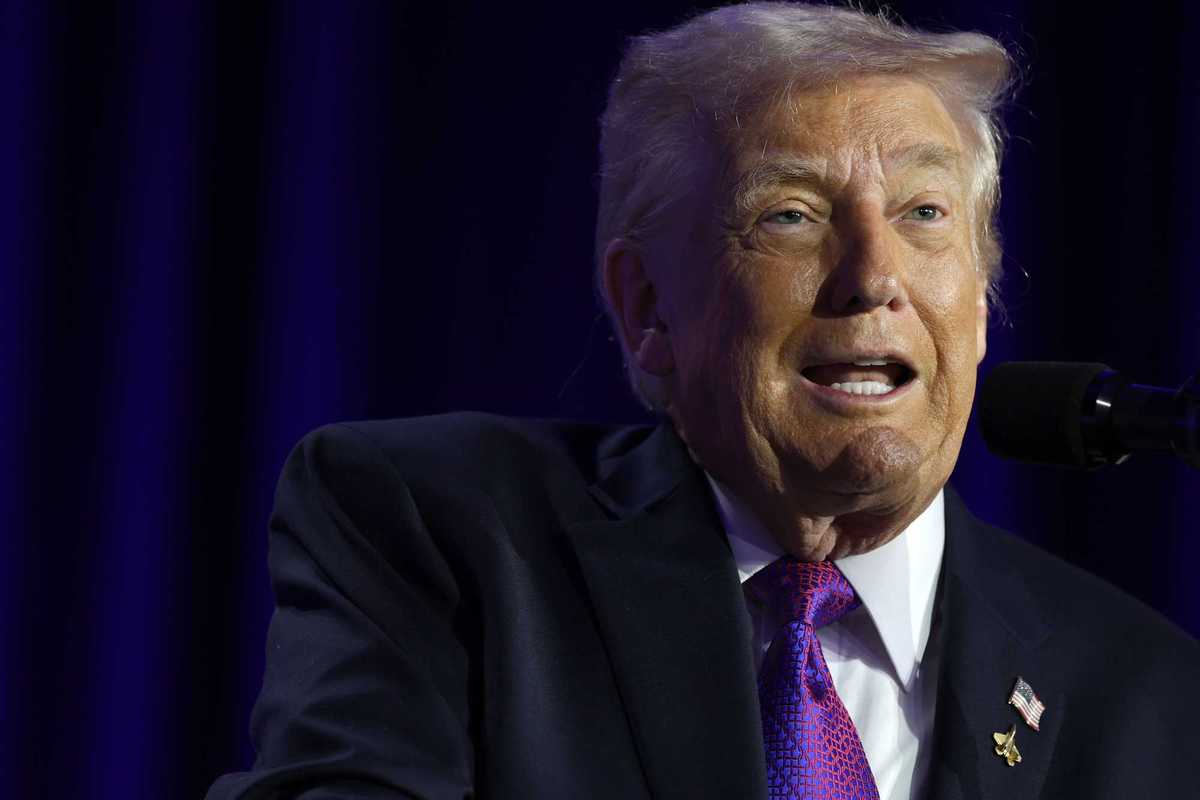Breanna Robinson
Jul 08, 2021

Naomi Osaka of Japan waits to return serve during the second round match between Karolina Muchova of Czech and Naomi Osaka of Japan on day 4 of the Mutua Madrid Open at La Caja Magica on May 02, 2021 i
Getty Images
Naomi Osaka, the first Asian professional tennis player to be ranked No. 1 by the Women’s Tennis Association and the first Japanese-born player to win a grand slam, decided that she didn’t want to do any press at the French Open.
Soon after, she withdrew from the French Open and Wimbledon to take care of her mental wellbeing.
In late May, the athlete took to her Instagram to provide a statement detailing her “bouts of depression” since the US Open in 2018, which at times were hard to cope with.
Many notable people, such as tennis star Venus Williams commented in support of her decision and courage.
“So proud of you. Take care of yourself and see you back winning soon!” Williams wrote.
Several weeks later, she’s now penned an earnest essay for TIME titled, ‘It’s O.K. Not to Be O.K.’, which touches on her journey and the lessons she’s learned along the way on her newfound path.
We broke down some of the lessons gathered from her incredible story of strength and determination to keep moving forward.
Lesson 1: You’re not always going to make everyone happy—and that’s OK.
From the get-go, Osaka talks about some of the issues that one would think would be widely supported, such as “kneeling to show support for anti-racism” and “wearing a mask in a pandemic,” and how they are looked down upon by some people.
She then notes that when she felt the need to miss press conferences at French Open to care for her mental health, she “should have been prepared for what unfolded.”
Regardless, you have to do what’s best for you, as long as no one is hurt along the way.
Lesson 2: Many people have gone through their own mental health struggles or know someone who has.
We are all human beings that experience real thoughts and emotions every day. And for Osaka, who understands this, she also is aware that some people looking on the outside might have been a bit confused because there are two different issues at play—the traditional format of the press and mind state.
Despite this, she expressed that she does “love the press” but “not love all press conferences.” She prefers to have more personal one-on-one interviews with the media.
Lesson 3: Always speak your truth from the heart.
It’s always encouraged to speak from the heart for a more authentic experience and understanding of yourself and for people to get a more accurate depiction of the real you.
“I always try to answer genuinely and from the heart. I’ve never been media-trained, so what you see is what you get,” Osaka added.
Lesson 4: Tennis press conferences and interviews have the potential to be more enjoyable for all parties involved.
Osaka’s humble opinion (and not the thought of every tennis player) of the press conference is that it should be fresher, meaning it should model a “peer to peer” format instead of “subject vs. object.”
However, through her reflection, she realized that many tennis writers don’t share this sentiment,
“One of their main concerns was that I might set a dangerous precedent... The intention was never to inspire revolt, but rather to look critically at our workplace and ask if we can do better,” she said.
She also understands that the sport is a “privileged position” but doesn’t know what other profession would be as stern for missing one press conference in her “seven years on tour.”
Lesson 5: Although incredibly talented, athletes are still humans.
Everyone needs a break at some point to reset and recharge so they can perform at their best.
“Perhaps we should give athletes the right to take a mental break from media scrutiny on a rare occasion without being subject to strict sanctions,” she wrote.
As necessary as that is, she also urges that it’s good as long “as it’s not habitual” and comes with “some level of privacy” as to the personal details that she felt she had to share because no one believed her.
Lesson 6: Many of us go through things in life behind closed doors.
No matter the circumstance, many of us have gone through things that we don’t necessarily publicize to our social media feeds, or in this case, aren’t broadcasted to millions of people in the world.
With this in mind, Osaka has a suggestion: “Allow a small number of “sick days” per year where you are excused from your press commitments without having to disclose your personal reasons.”
Lesson 7: There is nothing like the support of family and friends in times of need.
Hold the people dearest to you close as they will help to encourage, uplift, and make you feel like the best person you can be even when times are rough.
“After taking the past few weeks to recharge and spend time with my loved ones, I have had the time to reflect, but also to look forward,” she writes.
Towards the end of the heartfelt essay, she notes that she is excited to participate in the Olympics this year in Tokyo, which is a “dream come true,” and hopes to make the Japanese fans “proud.”
Read Naomi Osaka’s full essay here.
Top 100
The Conversation (0)













